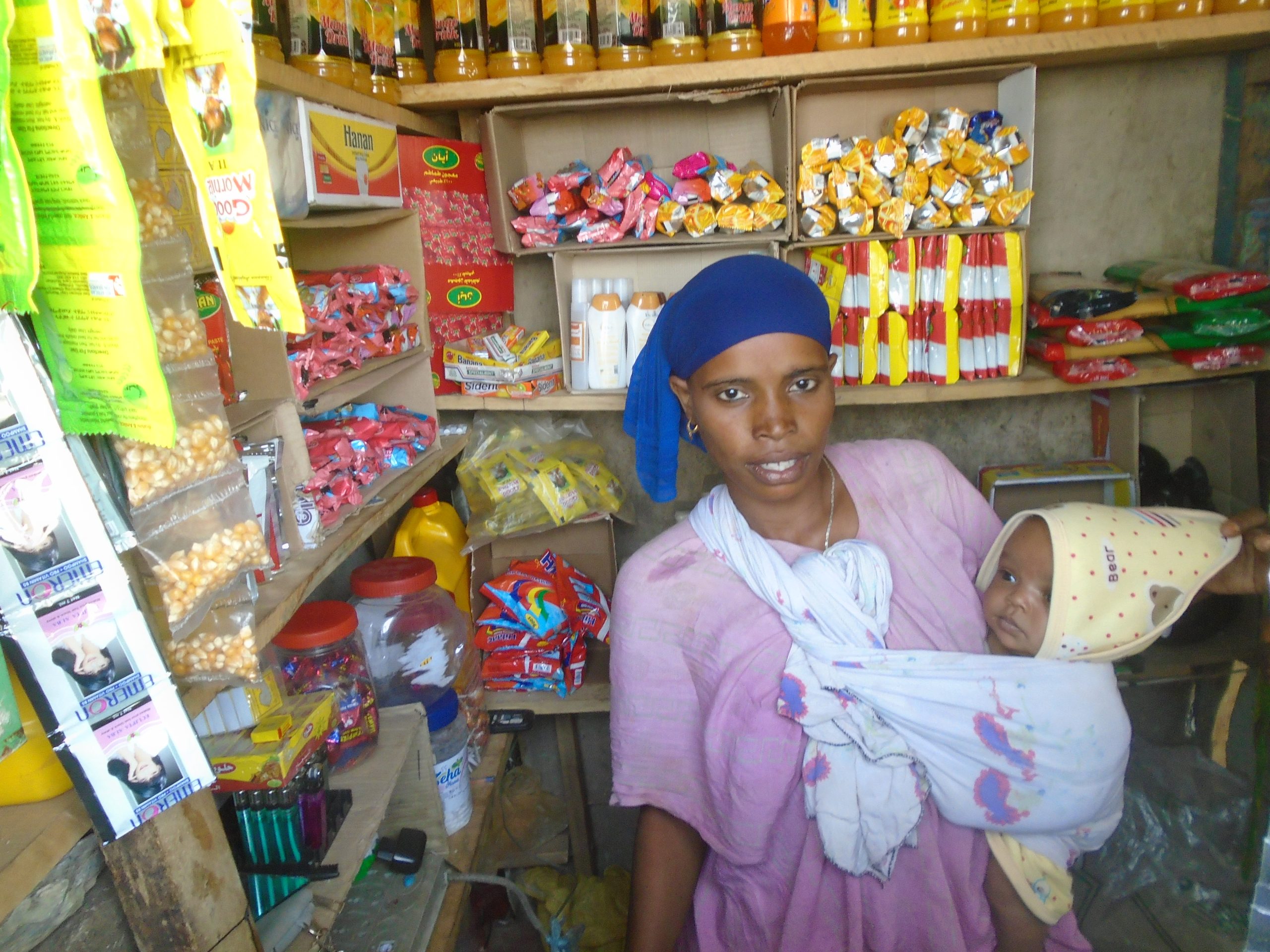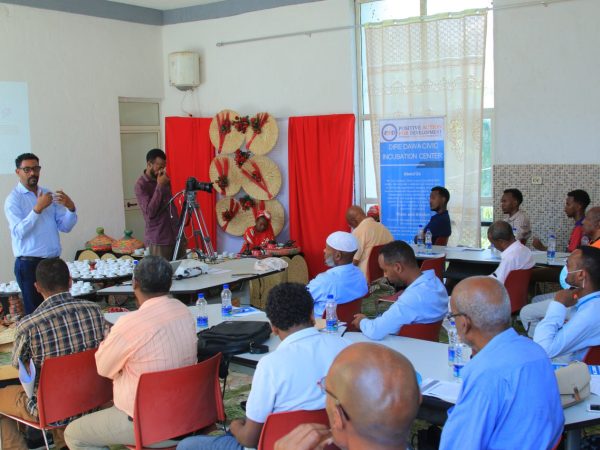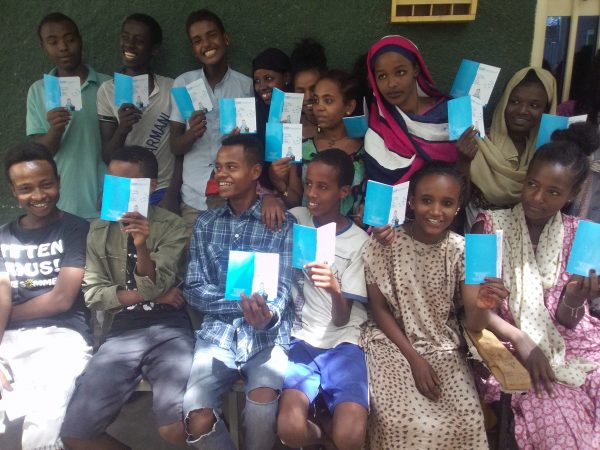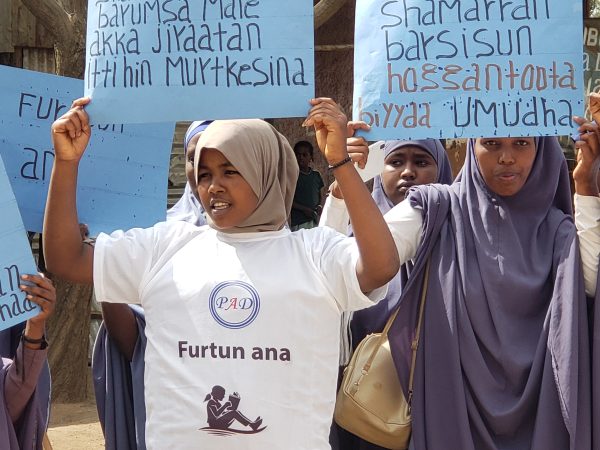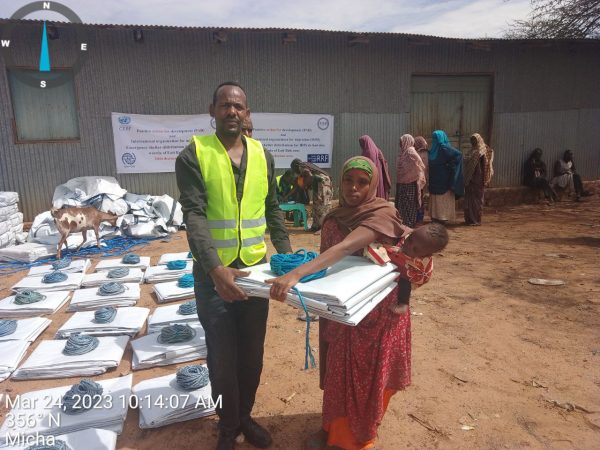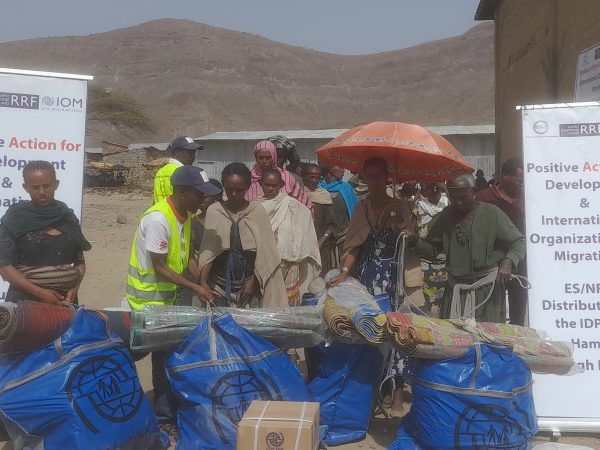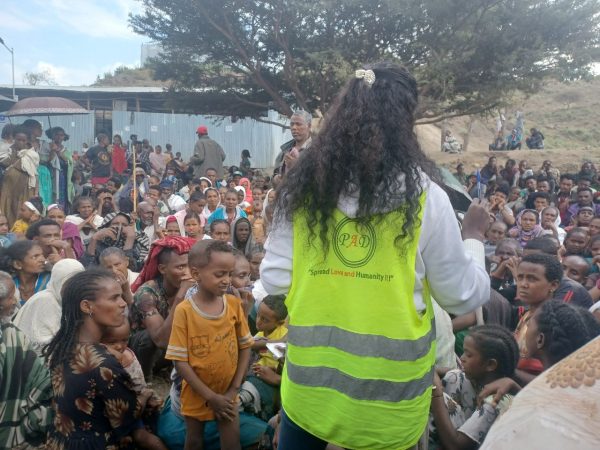PAD destitute program target homeless children, women with children and elderly people living in the street of major cities and towns of Ethiopia. For the last few years PAD destitute program has been running in Addis Ababa, Dire Dawa and Hareri city targeting about 3,400 destitute including 2200 homeless street children, 1,000 homeless women with children and 200 adult destitute. The program has been providing center-based rehabilitation and re-integration support to help
- eligible, homeless women with children, street children and elderlies receive integrated social, economic, health, psychosocial, shelter and care, legal and rehabilitative services,
- Improve planning, management and service delivery of homeless women with children, street children and elderlies, homeless women with children, street children and adults
- Improved Coordination follow up and Referral linkage for individualistic and group-based service at community and center established platform for homeless women with children, street children and adults
- Enhance the psychological wellbeing of street children
This way, PAD managed to fully achieved economic, social and psychosocial rehabilitation of 3400 destitute including 1200 homeless women with children, 2000 (500F) street children and 200 (40F) adults. The support created viable livelihood opportunity for the homeless women and children while facilitating re-integration of homeless adults with the community.
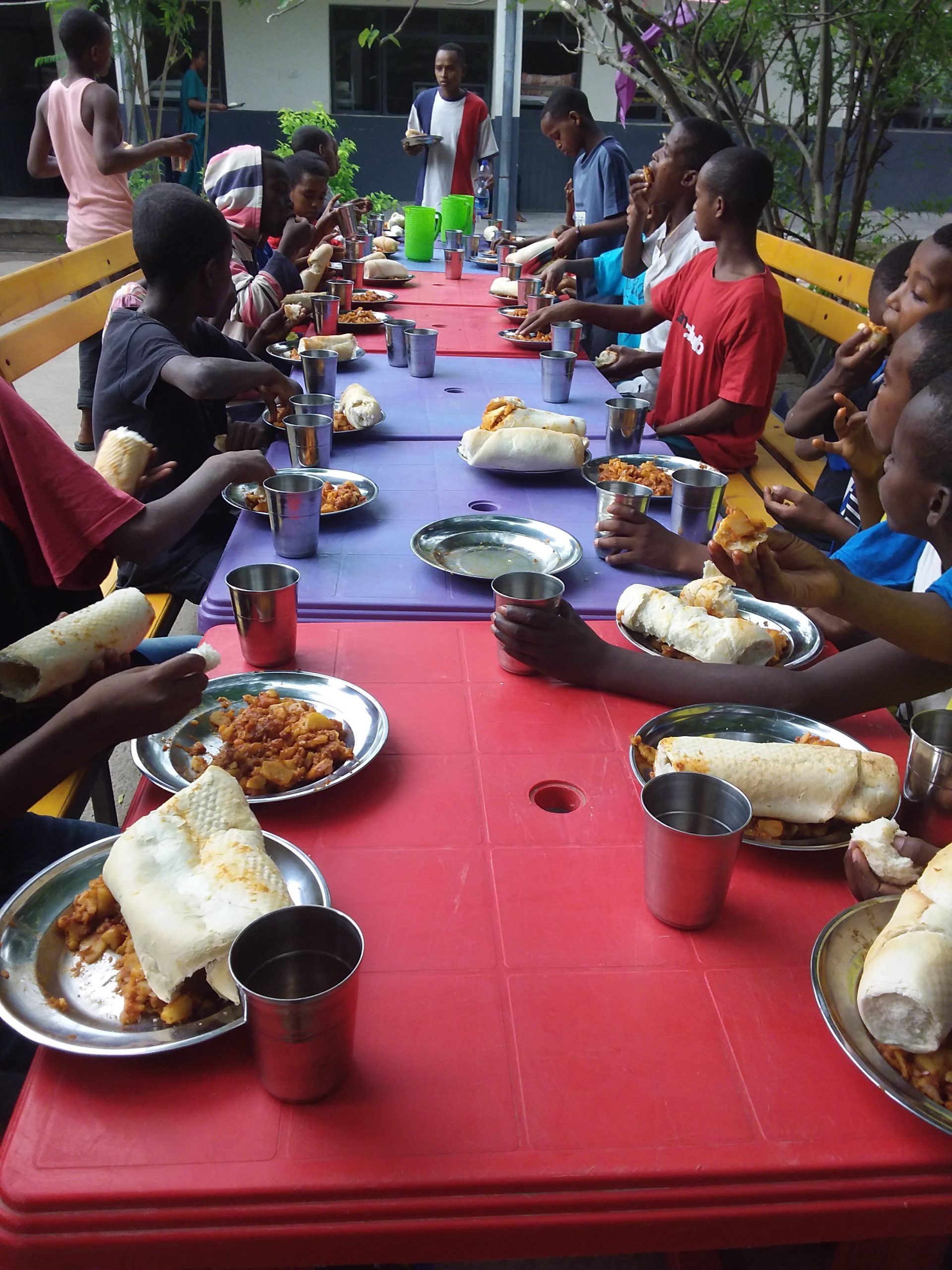
This is a program that is being implemented in Addis Ababa, Dire dawa and Hareri targeting more than 2000 homeless children. The project services provided full package services to the street children through the following three critical intervention modality or considerations
Outreach
- The goals of the Outreach is to identify and understand and build a relationship of trust with street child to finally support /link with basic services such as medical care, shelter, and education. The children are also informed of the Drop-In Center and can start imagining an alternative to life on the streets.
Drop-In Center
- PAD will establish a dropping center that offers street children access to food, hygiene facilities, medical and psychological care, non-formal education, life skills (child rights, drugs, organ trafficking, HIV, reproductive health, road safety…) and recreational activities. The center is a place where they can find safety, understanding and support.
Transitional Home
- PAD Transitional Home offers accommodation in a safe and secure environment off the streets. Open day and night, access is completely voluntary; children can decide how long they want to stay and are free to leave at any time.
- The home offers a family-like atmosphere, with full-time social workers on hand to offer much-needed care and stability. The home is will be used as a transit to alternative family care option and reintegration process
Doing so in the past few years alone we managed to full rehabilitation and re-integration of about 2200 street children. The reintegration achieved after creating capacities among the street children on social, psychosocial and economic dimensions. Enhancing viable livelihood status of the destitute specifically among older OVC has been achieved through need-based IGA support provision, enhancing self-employability by enhancing the technical and vocational skill on marketable skills including wood work, hair dressing and painting among the older OVCS. Family based and group income generating activities targeting families and group were the other approach. This way, the project able to support about 2000 income generating activities targeting 2200 homeless children benefited from the full package rehabilitation support.
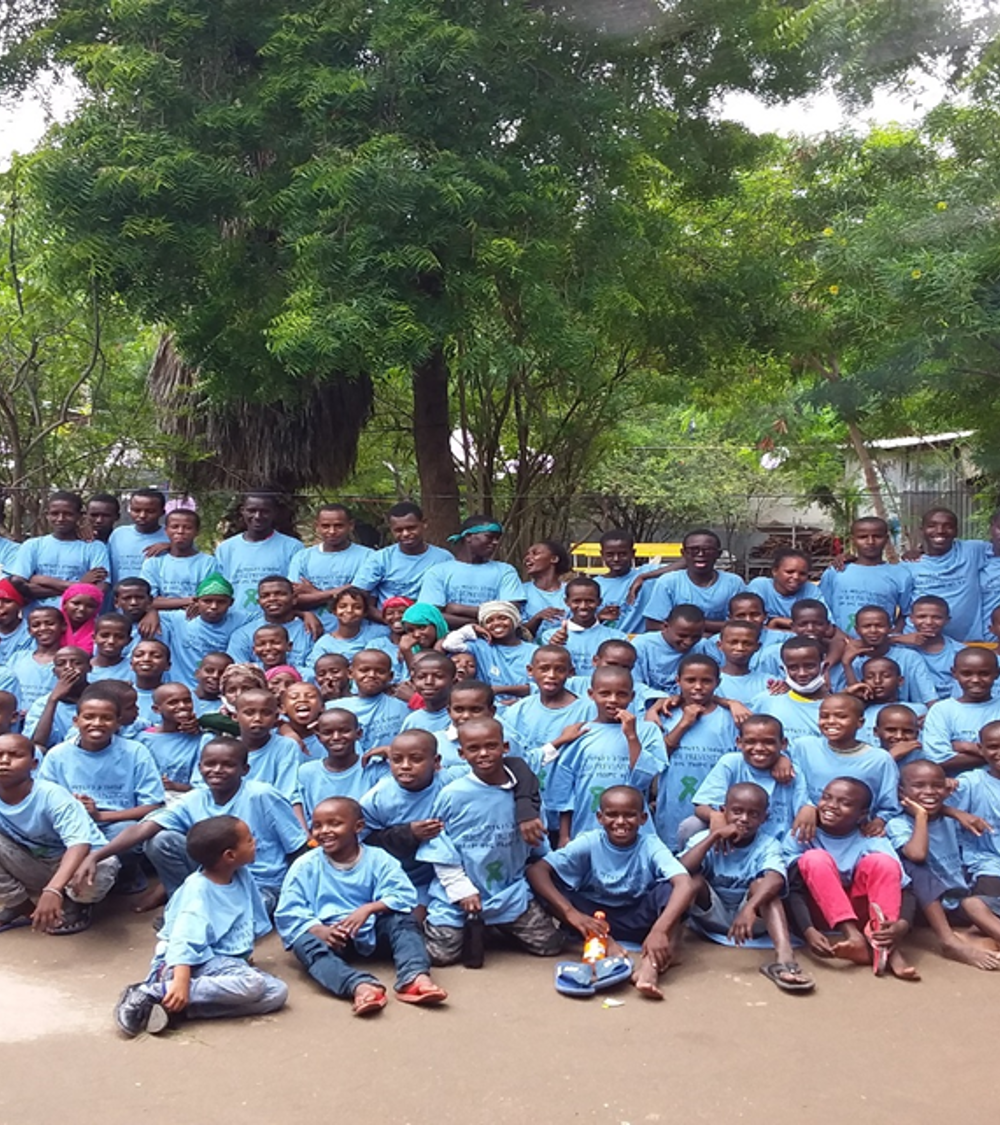
This is a program that is being implemented in Addis Ababa, Dire Dawa and Hareri targeting more than 1000 homeless women with children. The project services provided need based integrated services to the homeless women with children through the following three critical intervention modality or considerations
Outreach
- The goals of the Outreach is to identify and understand and build a relationship of trust with homeless women with children and finally support /link with basic services such as medical care, shelter, and education. The homeless women with children are also informed of the Drop-In Center and can start imagining an alternative to life on the streets.
Drop-In Center
- PAD will establish a dropping center that offers homeless women with children access to food, hygiene facilities, medical and psychological care, non-formal education, life skills (child rights, drugs, organ trafficking, HIV, reproductive health, road safety…) and recreational activities. The center is a place where they can find safety, understanding and support.
Day care Service
- This is a service platform that offers a day care service to the children of homeless women. The center provides the children with a package of services, including early childhood education, while providing the children with a comprehensive support package, including recreation, nutrition, hygiene and care. The program was created as a platform to support homeless women who are given space for training and participation in IGA activities while leaving their children in the day care center served by the project.
As a result, in the last few years alone, we have achieved the full recovery, rehabilitation and reintegration of 1,000 homeless women with children in the cities of Addis Ababa, Dire Dawa, Hareri and Chiro. The program created economic, social and psychological skills for the targeted homeless women. The program created a financial opportunity that allows the homeless women to earn income from their own business, employment and group businesses to support their life in the community while giving up their homeless status.
